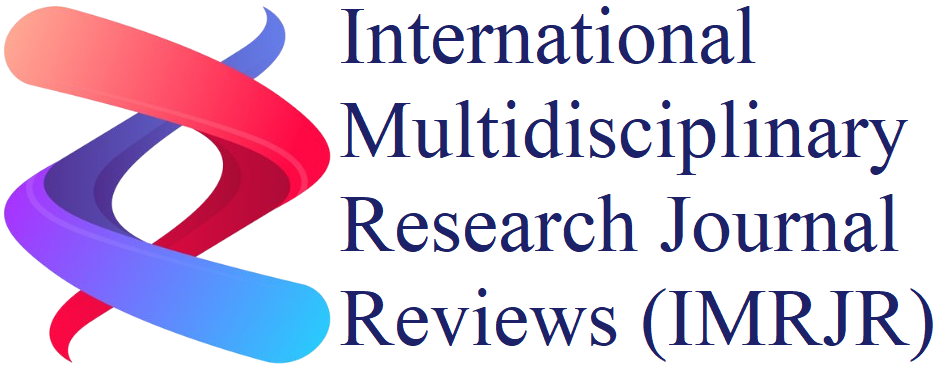Abstract: This study examines the significance of social intelligence in crafting effective conflict resolution and negotiation strategies. Social intelligence encompasses self-awareness, social awareness, and relationship management, all of which are vital for navigating intricate social interactions and achieving favourable outcomes in both conflict and negotiation contexts.
Self-awareness serves as the cornerstone of social intelligence, enabling individuals to identify and manage their own emotions. In situations of conflict or negotiation, self-awareness aids individuals in regulating their emotional reactions, steering clear of impulsive behaviours, and communicating effectively. By being attuned to their own feelings and responses, individuals can concentrate on the matter at hand without allowing emotions to obscure their judgment or heighten tensions.
Social awareness refers to the capacity to comprehend and empathize with the emotions, needs, and viewpoints of others. This ability allows individuals to interpret social signals, such as body language and tone, and adjust their approach as needed. In the realms of conflict resolution and negotiation, social awareness promotes active listening and empathy, which are crucial for uncovering common interests and establishing trust. By being aware of others' emotional states, individuals can customize their responses to ensure that everyone feels acknowledged and respected.
The research focuses on understanding how relationship management can enhance communication, collaboration, and conflict resolution. By looking into the impact of relationship management on interpersonal dynamics, the study aims to pinpoint essential factors that lead to positive and productive interactions in various environments, including workplaces, schools, and social settings. Through factor analysis, the research will reveal patterns and connections among demographic, psychological, and social variables that influence how individuals manage their relationships. The findings will provide valuable insights for both theoretical models and practical approaches to improving interpersonal skills, fostering collaboration, and refining conflict resolution methods, ultimately helping to create more harmonious and inclusive environments in a range of social and professional contexts.
Keywords: Conflict resolution, Negotiation strategies, social awareness, Relationship management, Emotions
Download:
![]() |
DOI:
10.17148/IMRJR.2025.020306
|
DOI:
10.17148/IMRJR.2025.020306
[1] Dr. Shamsi Sukumaran K., Ms. Nandana Suresh, "Factors Contributing to Developing Effective Conflict Resolution and Negotiation Strategies Using Social Intelligence," International Multidisciplinary Research Journal Reviews (IMRJR), 2025, DOI 10.17148/IMRJR.2025.020306

